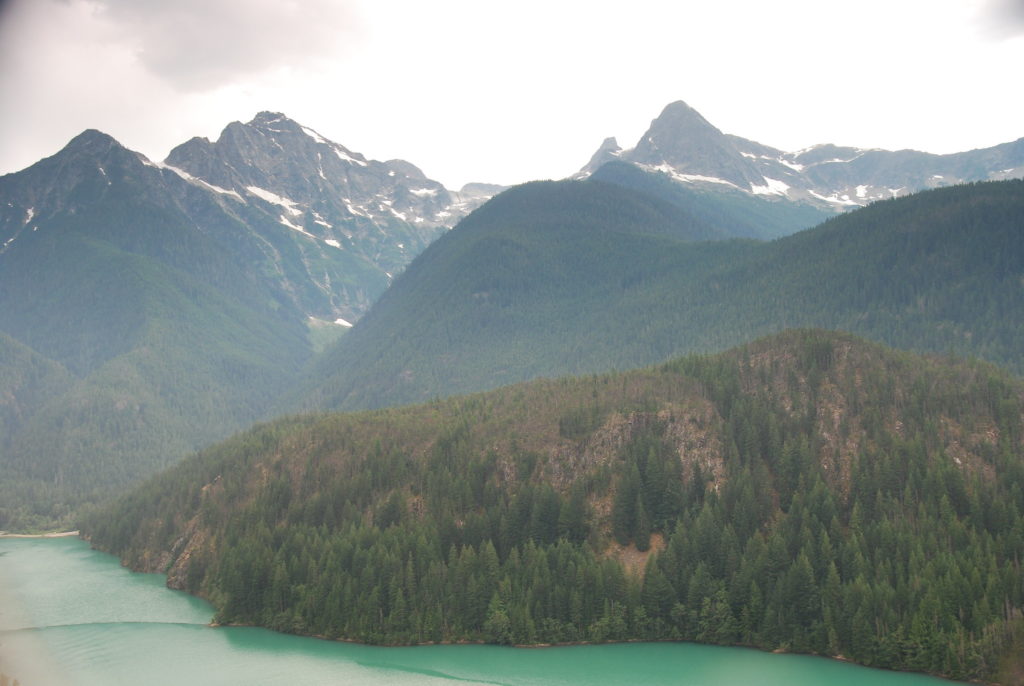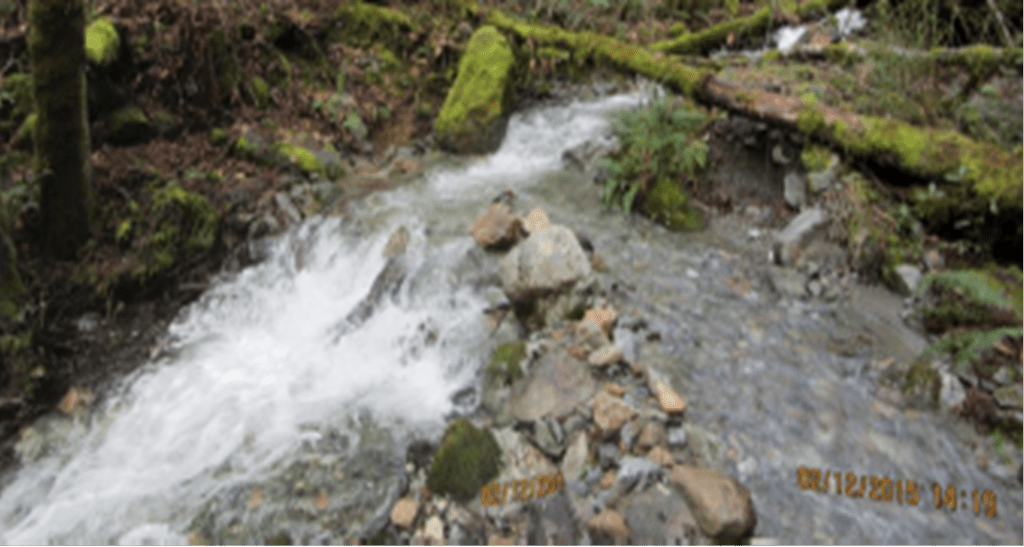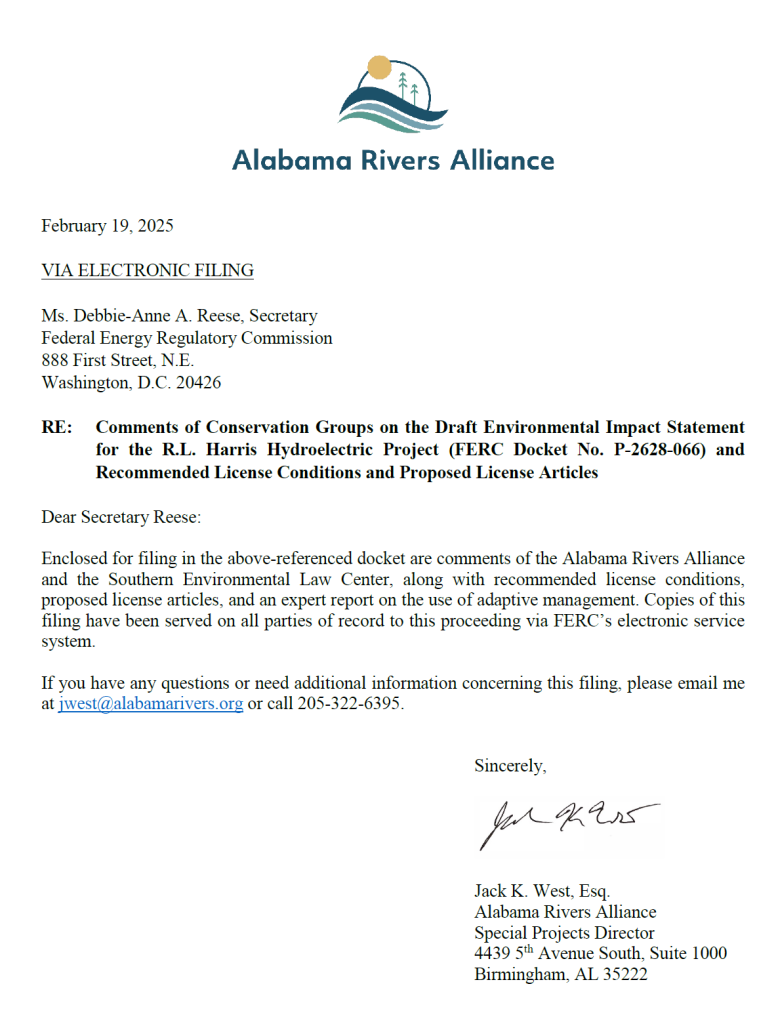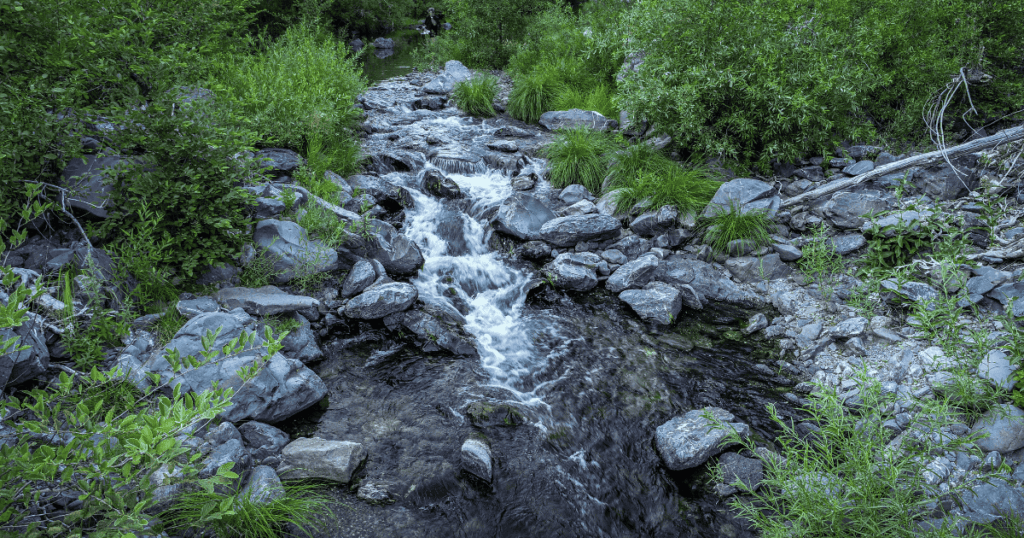Rivers don’t belong to power companies; they belong to all of us. You have the right to have a say in how your rivers are managed, and your voice will make a big difference in protecting those rivers.
Hydropower, a 19th century technology, has been run for generations without modern environmental protections. The good news is that we have a once-in-a-lifetime opportunity on many rivers to change that legacy for the better by changing the way dams operate.
In the United States, most dam owners must obtain a license from the Federal Energy Regulatory Commission (FERC) in order to generate hydroelectricity. These licenses are like rental contracts that set the conditions energy companies must abide by in exchange for the privilege of using our rivers to produce and sell electricity.
FERC grants these licenses for terms of 30 to 50 years. Because most modern environmental laws were only passed in the last few decades, many hydropower projects are still operating under licenses that were designed for one purpose in mind: generating as much power as possible. These license were written before modern science allowed us to fully understand the damage that poorly run dams can do to our rivers. Thanks to changes in the law, FERC is now required to fully consider the effects that a dam will have on fish and wildlife, recreation, the environment, and other public values along with power generation when making licensing decisions.
When these outdated licenses expire, we have a once-in-a-lifetime opportunity to advocate for conditions that will protect and restore rivers. Power companies must naturally act in their own self-interest and try to obtain a license that will maximize profits at the expense of other public values. That’s why it is critical that we take part in the process and advocate for our values: healthy rivers that can support fish, wildlife, and recreation.
Healthy rivers are economic assets for neighboring communities and they are part of the natural resource legacy we hand to our children. We can have a strong economy, a reliable energy supply, and healthy, restored rivers, but we have to insist that power companies do their share.
The stakes are high: a new hydropower license is a legacy that we leave to future generations. By taking part and speaking for the river, we can make sure that dams are brought up to modern standards. And we can begin to restore the rivers that we have damaged.




